Lebanese expats cast votes in key parliamentary elections
Lebanese citizens living overseas have voted ahead of the May 15 parliamentary elections, amid an unprecedented financial crisis that has led to widespread poverty and a wave of emigration.
More than 194,000 Lebanese living abroad in 48 countries, including the United States, Canada, Australia, Russia, the European Union’s member states and several African nations, are eligible to partake in the elections, according to the official National News Agency.
Lebanon is reeling from an economic crisis and soaring inflation. The economy began a major downturn in 2019. Making the matters worse was the port blast that killed more than 215 people and destroyed large parts of Beirut in August 2020.
Many blame rampant corruption and mismanagement within the ranks of political elite for the catastrophic circumstances.
Opposition figures have their hopes for a change pinned on the diaspora’s vote, while experts say the political status quo is expected to remain.
“I voted for change,” said Abed Saad, who cast a ballot in Dubai, where people stood in line for up to three hours. “If we don't vote, others will win, and we don't want them to win,” the 27-year-old said, referring to the established parties.
In Paris, long lines were reported outside the Lebanese embassy. Lebanon’s Ambassador to Paris Rami Adwan said, “I have a great feeling of hope and satisfaction because I saw that there were a lot of young people and first-time voters.”
This is the first year Lebanese citizens living overseas are allowed to vote for their 128-member parliament.
Voting has also begun in the United States – home to the largest community of registered voters – and Canada.
Early voting for Lebanese expatriates in Iran and nine Arab countries began on Friday. More than 18,000 Lebanese cast their ballots. Turnout was about 59 percent.
Although there are no official figures, the diaspora is estimated to be more than double the size of Lebanon’s domestic population of over four million. But voter registration, while on the rise, remains relatively low among the millions of Lebanese who live abroad.
Prime Minister Najib Mikati has called for voters registered abroad “not to be complacent and to vote in large numbers.”
The ballot papers will be shipped back to Lebanon and stored at the central bank before being counted on the elections day.
Parliamentary elections in Lebanon are held once every four years. The Hezbollah resistance movement and its allies succeeded in winning majority seats in 2018. Lebanon’s parliament is equally divided between Christians and Muslims. The new legislature will elect a new president after President Michel Aoun’s term ends in October.
Since 2019, due to the grave financial crisis, the Lebanese pound has lost more than 90 percent of its value to the US dollar and poverty rates have soared to cover more than 80 percent of the population with the collapse of the banking system.
The World Bank has labelled the economic crisis as one of the worst since the mid-19th century. The crisis is mostly linked to the sanctions that the United States and its allies have imposed on Lebanon as well as foreign intervention in the Arab nation’s domestic affairs.
Despite the dire economic situation, Sheikh Naim Qassem, Hezbollah’s deputy secretary general, has said the resistance group does not expect the elections to yield a result much different from 2018. Hezbollah opinion polls across Lebanon showed “the results of the election will be close to the make-up of the current parliament, with slight changes that do not affect the general make-up,” he said.
VIDEO | 85% of Yemeni displaced people face daily hunger crisis
US House passes bill targeting charities and pro-Palestine groups
VIDEO | Supporting Gaza genocide
Hezbollah attacks Israeli forces after Lebanese homes blown up
World leaders, states hail ICC arrest warrants for Netanyahu, Gallant
MP: US accountable for possible Israeli 'foolishness' to attack Iraq
VIDEO | Israeli policies strangle Palestinian agriculture, economy
Iran's president offers condolences to Pakistan over terrorist attack


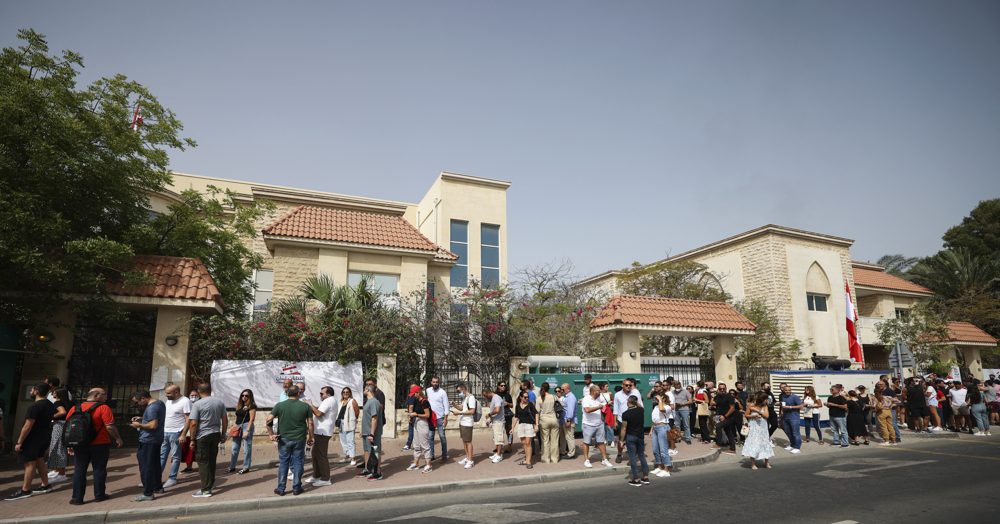
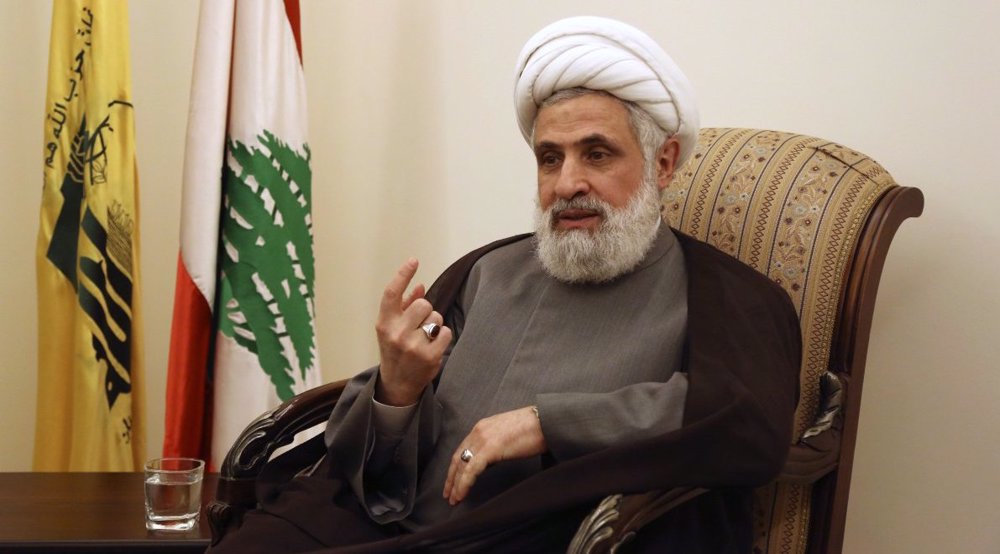

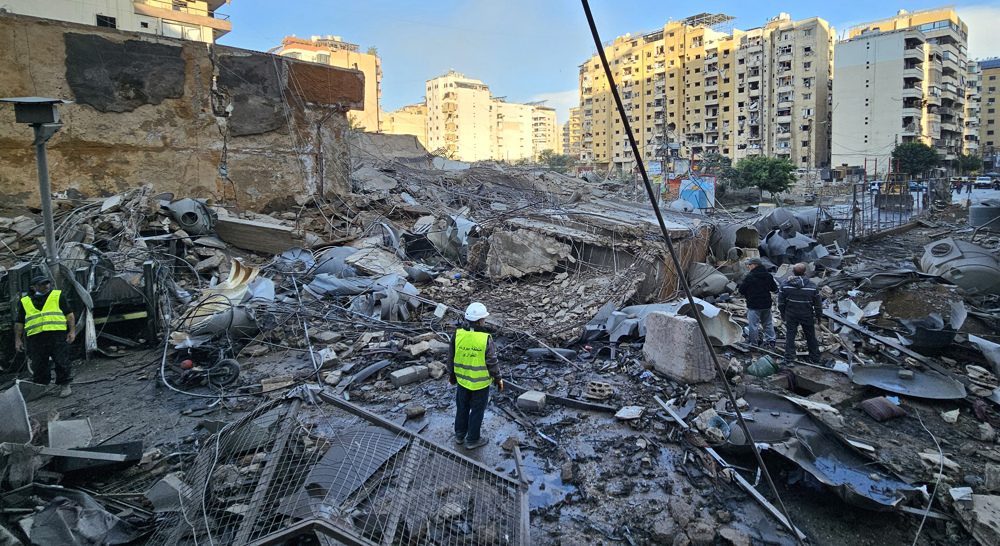




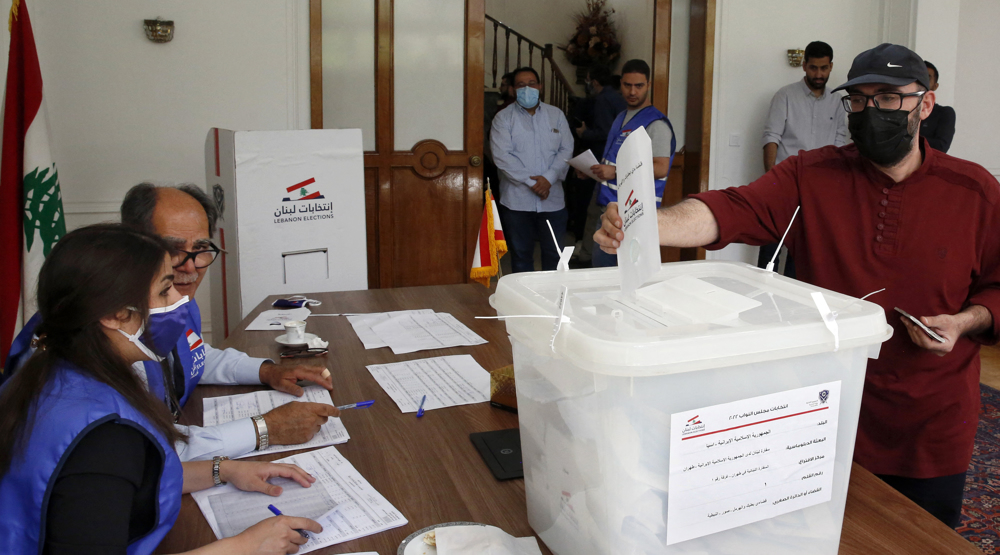
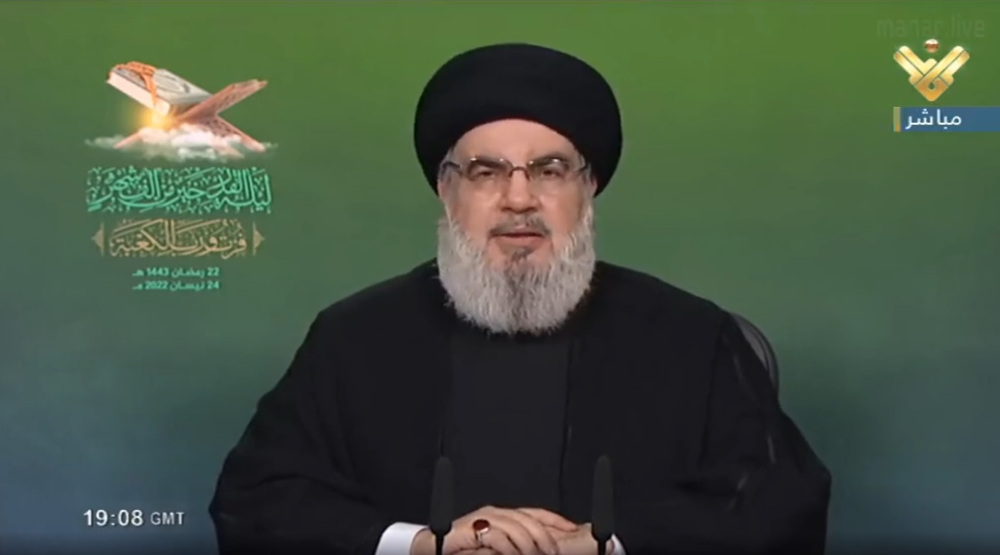
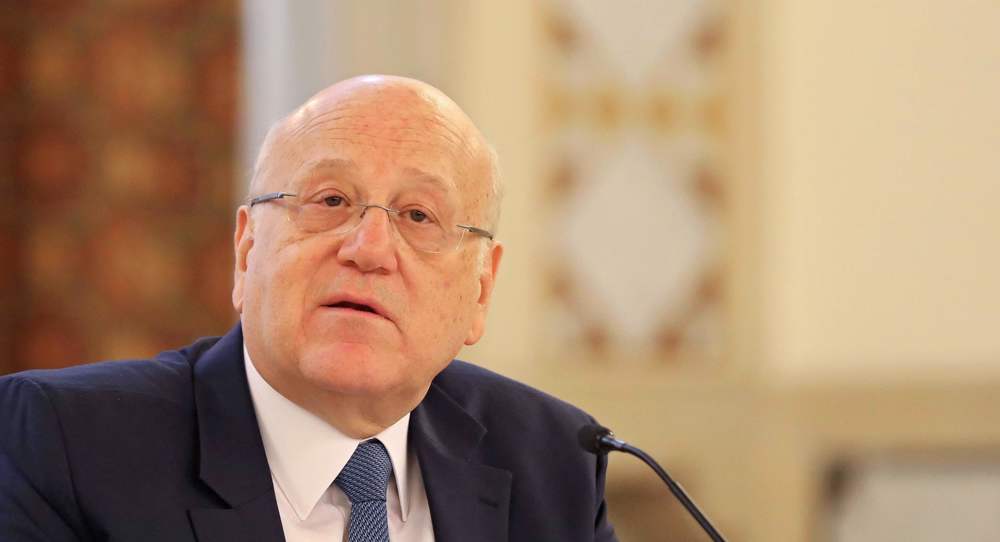

 This makes it easy to access the Press TV website
This makes it easy to access the Press TV website